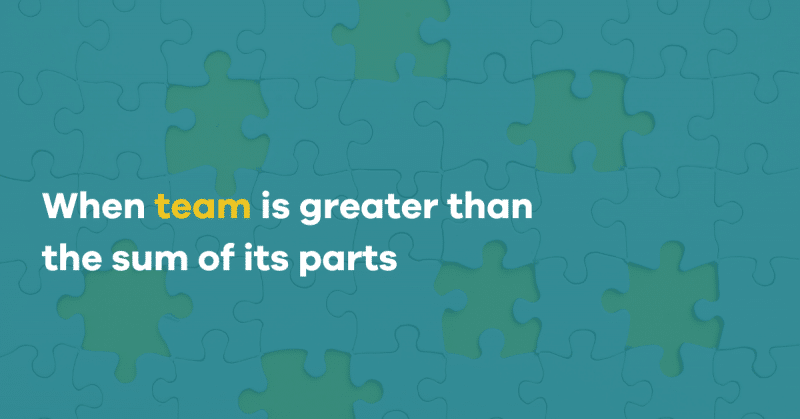Teams are formed for the purpose of addressing a specific goal or running a project. Rarely are teams formed without intent. In other blogs about teams and team building you may read there is typically mention of conflict, skillsets and common purpose.
At Verity, we also agree that these are essential considerations for highly effective teams. In addition, it needs to be recognised that teams do not gel on day one. There is a period of maturity not dissimilar to the stages of childhood, puberty, adolescence and adulthood. Time is needed to meet and greet, discover skillsets, navigate personality types; build trust and establish levels of team comfort and confidence in order to perform at optimal levels.
Bruce Tuckman’s (1965) seminal work and on the four stages of team development are used as a framework for the stages of team maturity:
Stage 1: Forming – getting to know each other, the tasks and levels of responsibility are established during this stage. Input required from leaders at this point will be to set out the mission, communicate the resources available and timeframes, responsibilities and rules of team engagement.
Stage 2: Storming – Armed with the basics in stage 1 then individuals in the team find their place in the pecking order. Leaders surface through competition and sometimes conflict, the doers and followers reflect on the power plays and can experience some discomfort as they desire clarity and stability to get on with the tasks. Cliques may form as battle lines are drawn. In time, there is a settling down that enables the team to progress to the next stage of team maturity.
Stage 3: Norming – While not all teams reach this stage (unfortunately) when a team does, there is cohesion, respect for the contributions of the members of the team. A sense of belonging and loyalty develop and even personal friendships. There is confidence in suggesting innovative ideas. With this confidence and feelings of safety, there is also a sense of loss when a member of the team leaves through resignation, promotion or other reasons. This can destabilise a team at Stage 3 and take them back to Stage 2 or even 1.
Stage 4: Performing – This is also a stage that is rarely reached in a work environment with high demand for talent and generational attitude that seeks advancement and will do that at the expense of organisation loyalty. Where teams do achieve this stage, teams are intensely task-focused and people-focused simultaneously. This is the dream team where morale, performance and levels of innovation are high.
For all the research on teams and team building, do not disregard the time needed for teams that are formed based on skillsets and fit of purpose. Allow a period of maturity where they can develop into the dream.
At Verity, we recognise that there isn’t always the luxury of time to allow a team to grow organically. For tips to fast track the maturing of teams from Stage 1 to 4, join Grant Doyle and Andre van der Merwe on the 27th February at 12:00 pm for Leadership in Action Webinar.






